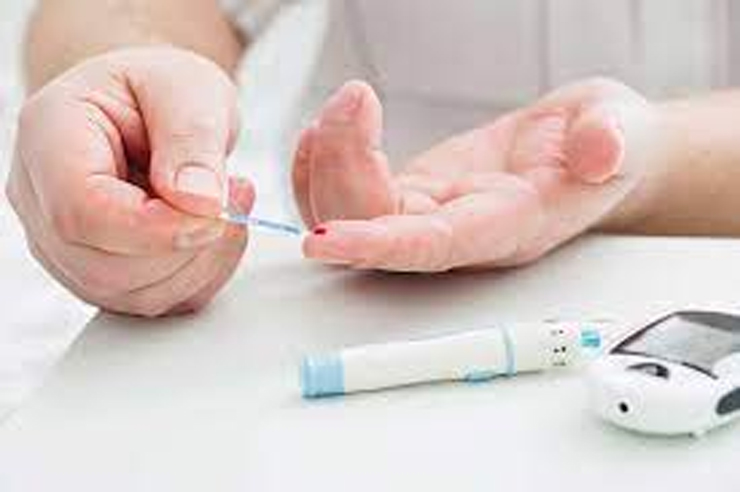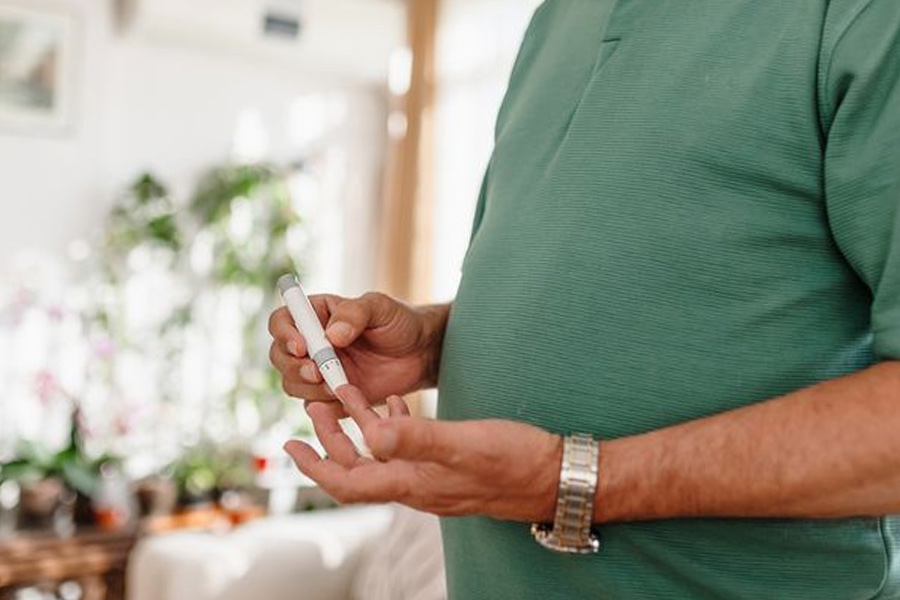
Managing Type 2 diabetes (T2D) often involves a combination of lifestyle changes, including dietary adjustments and physical activity. Recent research published in the Diabetes & Metabolic Syndrome: Clinical Research & Reviews journal sheds light on how the timing of breakfast can influence blood sugar levels in T2D patients. This study emphasizes the potential benefits of delayed breakfast consumption in reducing postprandial glycemia, offering a promising strategy for better glucose management.
Table of Content:-
Understanding Type 2 Diabetes and Its Challenges
Type 2 diabetes is a chronic condition where the body struggles to regulate blood sugar due to insufficient insulin production or resistance to insulin's effects. As global rates of T2D continue to rise, innovative approaches to managing the condition are crucial. Traditional strategies include improving dietary habits and increasing physical activity, but the timing of these interventions is gaining attention as a key factor in optimizing glycemic control.
Morning hyperglycemia, a common issue for T2D patients, is influenced by phenomena like the "Dawn Phenomenon," which refers to elevated glucose levels upon waking, and peak cortisol levels around 8:00 AM. These factors contribute to significant fluctuations in blood sugar levels after breakfast, making this meal a focal point for glycemic management.

Key Insights from the Study
The study investigated the effects of varying breakfast timings combined with a 20-minute brisk walk after eating. Conducted as a six-week randomized crossover-controlled trial, the research involved 14 adults aged 30-70 years with clinically diagnosed T2D. Participants were divided into three groups based on breakfast timings: 7:00 AM (early), 9:30 AM (mid-morning), and 12:00 PM (midday). The study also monitored the impact of post-breakfast walking on blood sugar levels.
Also Read: Mystery of 'Werewolf Syndrome': How 11 Babies in Europe Developed Hypertrichosis
Delayed Breakfast Benefits
The findings revealed that delaying breakfast to 9:30 AM or 12:00 PM significantly reduced postprandial blood sugar spikes compared to early morning meals. Participants consuming breakfast later experienced lower incremental areas under the curve (iAUC), a key metric for assessing blood sugar changes. Specifically, the mid-morning and midday groups showed reductions of 57 mmol/L×2h and 41 mmol/L×2h, respectively, compared to the early breakfast group.

Post-Breakfast Walking: Limited Impact
While a 20-minute walk after breakfast slightly improved glycemic outcomes for the early and midday breakfast groups, it had negligible effects for those eating at 9:30 AM. This suggests that breakfast timing may play a more significant role in managing postprandial glycemia than short bursts of exercise following meals.
Also Read: Telangana Reports Over 3,000 Dengue Cases In Just Two Months; Health Crisis Intensifies
Implications for Diabetes Management
The study's findings highlight a simple yet effective strategy: adjusting breakfast timing can be a non-invasive way to manage blood sugar levels in T2D patients. Delaying breakfast aligns with the body's natural hormonal fluctuations, potentially mitigating morning hyperglycemia and improving overall glycemic control.
However, it's important to note that the study observed no changes in participants' overall calorie intake or meal frequency, indicating that timing alone—not the quantity of food consumed—was responsible for the observed benefits. This underscores the importance of personalized meal planning in diabetes management.
Moving Forward: A Path for Future Research
While the research provides valuable insights, it also raises questions about the long-term feasibility and broader applicability of delayed breakfast consumption. Larger studies are needed to validate these findings and explore how physical activity and meal timing can be integrated into everyday life for sustainable diabetes management.
For now, individuals with T2D may consider experimenting with breakfast timing under medical supervision to see if it positively impacts their glycemic control. Combined with other lifestyle changes, this simple adjustment could be a step toward reducing the risks associated with poor blood sugar management, such as insulin resistance and cardiovascular complications.
Bottomline
Adjusting the timing of breakfast consumption offers a promising avenue for improving blood sugar control in Type 2 diabetes patients. By delaying the first meal of the day, individuals may experience reduced postprandial glycemia, complementing other diabetes management strategies. As research in this area continues to evolve, breakfast timing could become a cornerstone of personalized treatment plans for T2D.
Also watch this video
How we keep this article up to date:
We work with experts and keep a close eye on the latest in health and wellness. Whenever there is a new research or helpful information, we update our articles with accurate and useful advice.
Current Version